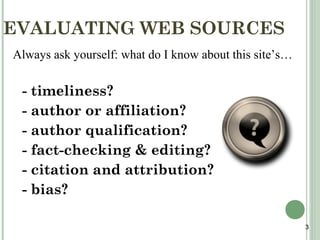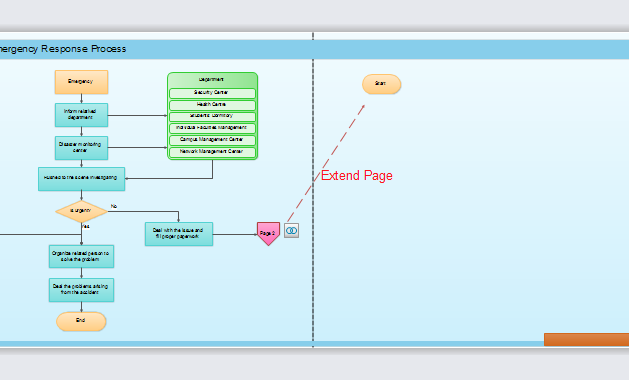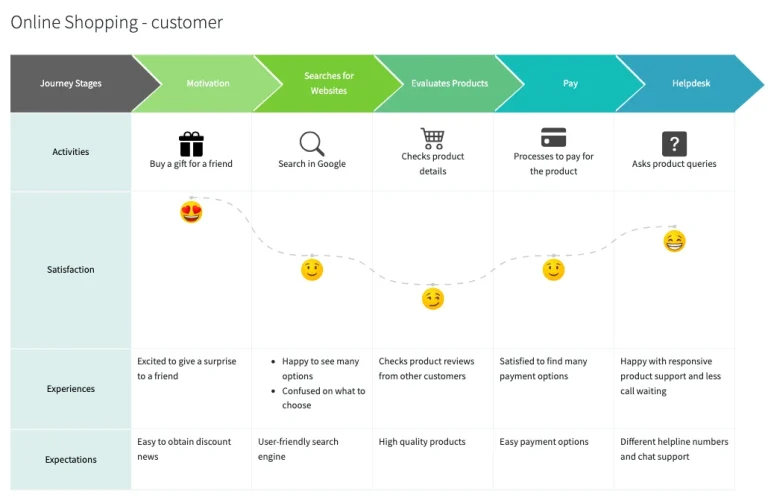
In the ever-evolving world of SEO, one concept has remained a cornerstone of credibility and trust: author attribution. While Google’s formal authorship system has long since faded, the importance of clearly identifying who wrote the content hasn’t diminished. In fact, it’s more critical than ever in an era where users are increasingly skeptical of online information.
This article explores why author attribution matters for SEO, how it impacts user trust, and how you can strategically implement it to improve your site’s visibility and authority. Whether you’re managing a blog, running an e-commerce site, or publishing news content, understanding and leveraging author attribution is essential for building a strong, trustworthy online presence.
What Is Author Attribution and Why It Matters
Author attribution refers to the practice of clearly identifying the person or people who created a piece of content. This includes showing the author’s name, profile picture, bio, and other relevant details. While this may seem like a simple feature, it plays a crucial role in both SEO and user engagement.
Google has always valued content that demonstrates Experience, Expertise, Authoritativeness, and Trustworthiness (E-E-A-T). Even though authorship itself isn’t a direct ranking factor, the signals it provides—such as the author’s qualifications, experience, and reputation—are directly tied to E-E-A-T. Search engines use these signals to determine whether a piece of content is reliable and worth ranking highly.
For example, imagine two articles on heart health: one written by a cardiologist with years of experience, and another written by a general writer with no medical background. The former is likely to be seen as more credible, even if the content is equally informative. That’s the power of author attribution.
How Author Attribution Impacts SEO Performance
While authorship may not be a direct algorithmic ranking signal, it significantly influences several factors that do affect SEO:
1. User Engagement and Dwell Time
Readers are more likely to engage with content that has a clear, authoritative author. When they see a well-known expert or a verified professional, they’re more inclined to read the entire article, share it, and return to the site in the future. This increases dwell time, which is a known signal for search engines.
2. Social Shares and Backlinks
Content from reputable authors tends to get more social shares and backlinks. These are powerful indicators of quality and relevance, both of which help with SEO. A well-recognized author can also attract guest contributions from other experts, further boosting your site’s authority.
3. Trust and Credibility
Trust is a key component of E-E-A-T. When readers know who wrote the content, they’re more likely to believe the information. This builds long-term trust, which translates into better rankings over time.
4. Knowledge Graph and Entity Recognition
Google uses structured data to build its Knowledge Graph, which helps it understand real-world entities. By attributing content to specific authors, you help Google recognize and associate the author with their expertise, which can lead to rich snippets and featured content opportunities.
Step-by-Step Implementation Framework
Implementing author attribution effectively requires a combination of technical and content strategies. Here’s a step-by-step guide to help you get started:
1. Define or Audit the Current Situation
- Identify all content creators on your site.
- Review existing author pages and bios.
- Check for consistency in how authors are presented across different platforms.
2. Apply Tools, Methods, or Tactics
- Use ProfilePage Structured Data: Implement schema markup to highlight author details such as name, photo, social handles, and bio.
- Create Author Pages: Develop dedicated pages for each author that include their qualifications, experience, and links to their work.
- Add Author Bios to Content: Include a brief bio at the end of each article or post, linking to the author’s full profile.
3. Measure, Analyze, and Optimize
- Track engagement metrics such as dwell time, bounce rate, and social shares.
- Use tools like Google Analytics and Search Console to monitor performance.
- Regularly update author profiles to reflect new achievements or changes in expertise.
Tools to Consider:
– Schema Markup Generator – For creating structured data.
– Google Search Console – To monitor how your content appears in search results.
– SEMrush or Ahrefs – For tracking backlinks and competitor analysis.
Real or Hypothetical Case Study
Let’s take a hypothetical case study of a health and wellness blog that implemented author attribution across its content:
- Before: Articles were published without clear author information. Engagement was low, and the site struggled to rank for competitive keywords.
- After: The blog added author bios, created author pages, and used structured data to highlight author credentials. Over six months, the site saw a 40% increase in organic traffic, a 30% rise in social shares, and a significant improvement in user engagement metrics.
The result? A stronger brand presence, increased trust from readers, and better visibility in search results.
Tools and Techniques for Author Attribution
Here are some modern tools and techniques that can help you implement author attribution effectively:
- Schema.org Markup – Use the
PersonandProfilePageschema to structure author information. - WordPress Plugins – Plugins like Yoast SEO or Rank Math offer built-in author attribution features.
- Google Search Console – Monitor how your content is being indexed and appear in search results.
- Social Media Integration – Link author profiles to their social media accounts using the
sameAsproperty. - Author Bio Widgets – Use widgets to display author information on posts and pages.
- Content Management Systems (CMS) – Platforms like Drupal or Joomla have built-in author attribution features.
Future Trends and AI Implications
As AI continues to shape the future of search, author attribution will become even more important. Google is already using machine learning to identify authors based on writing style and content patterns. This means that even without explicit markup, search engines can still recognize and value content from credible sources.
Looking ahead, we can expect:
– More emphasis on author authenticity – Search engines will prioritize content from verified, experienced authors.
– Integration with AI-generated content – As AI becomes more prevalent, clear attribution will be essential to maintain trust.
– Enhanced Knowledge Graph integration – Author profiles will play a bigger role in how search engines understand and rank content.
To stay ahead, focus on building a strong, transparent author identity that aligns with your brand’s values and expertise.
Key Takeaways
- Author attribution is a powerful tool for building trust and authority.
- It supports E-E-A-T principles, which are crucial for high-quality content.
- Implementing structured data and author pages improves SEO performance.
- Authorship boosts engagement, social shares, and backlinks.
- Future trends in AI and search will make author attribution even more important.
By prioritizing author attribution, you’re not just improving your SEO—it’s about creating a more trustworthy, engaging, and valuable experience for your audience.
Meta Title: Author Attribution — Shows who wrote the content to boost trust signals
Meta Description: Learn why author attribution is vital for SEO and how it builds trust with your audience. Discover practical steps to implement it today.
SEO Tags (5): author attribution, SEO trust signals, E-E-A-T, author pages, structured data
Internal Link Suggestions: Parameter #12: PAA Question Targeting, Parameter #10: Updated Data & References, Parameter #9: Content Gap Filling, Parameter #8: User Journey Alignment, Parameter #7: Semantic Keyword Mapping
External Source Suggestions: Google Search Essentials, Content Guidelines for Profile Page, Google News Initiative Research









